
Former sprinter Chris Lambert on how the voices of the crowd need to be heard outside of the athletics stadium when it comes to the struggle for civil rights
At the 1936 Olympic Games, Jesse Owens won four gold medals in the literal beating heart of rising Nazi Germany. His performances towered over the fallacy of the regime’s assertion of racial superiority, and the combination of his victories and sheer contextual magnificence will surely be remembered for as long as there is sport.
The NAACP would have preferred he had not gone at all, arguing that combatting the rhetoric of one racist regime by representing another one would be a hollow victory. After all, Owens still had to seek out “blacks only” restaurants and hotels when travelling with his college team in the US. And as he put it:
“When I came back to my native country, after all the stories about Hitler, I couldn’t ride in the front of the bus. I had to go to the back door. I couldn’t live where I wanted. I wasn’t invited to shake hands with Hitler, but I wasn’t invited to the White House to shake hands with the President, either.”
At the 1968 Olympics, Tommie Smith won gold in the 200m, breaking the world record with his arms out 10m from the finish line (not unlike someone else who would sear that image into our minds 40 years later). Smith and his fellow black compatriot John Carlos stood atop the podium with heads bowed and a single fist raised, sheathed in a black glove, in protest at the continued systemic racism back home in the US.
Smith had originally pressed for a boycott of the Games unless certain conditions were met, but when this failed to gain traction, he and Carlos – the two clear global favourites for the gold medal – decided a display of courage and dignity that has become one of the most famous political sporting protests there has ever been.
“Equality should always only ever be seen as the base standard of how things should be, not something for which its beneficiaries should feel grateful”
When I was 15 I finished second in the English Schools Championships in Sheffield, earning my first international colours. On the train home from Sheffield to London I went to the food car and, after I’d paid for whatever I ordered, the attendant – eyeing my gleaming new England tracksuit up and down – said, “good for you; you don’t always have the best of it do you, your kind?” I know to this day he meant well.
When I was 18 I travelled to Neubrandenburg, a small town in northeast Germany, for an U19 fixture GB vs Germany vs France. I ran the fastest 200m time for an under-20 in the world that year. Walking into town from the hotel with several members of the very diverse team to find some food, the sole black member of the German team came running out of a restaurant waving his arms at us. “Don’t be here! Don’t be here! Very bad area for Nazis. If they see you…” and he made the universally-understood motion of drawing his thumb across his neck. “But you’re here,” I said. “I’m with the team. They’re white,” he said, running back across the street to his Bavarian steakhouse.
While we debated our next course of action, egos clashing with hunger and common sense, someone in our ranks alerted us to a group of men in the steakhouse car park watching us very closely, including one in camouflage fatigues standing sentry in the bushes. We fled, at not inconsiderable speed, chased by men hurling abuse (presumably) from scooters. Back at the dorms we laughed, bravado winning out. We peered through the windows into the dark throughout the night, scanning for threats.
When I was 20 I went to the Universiade in Beijing. After four rounds in punishing late summer dry heat I took bronze in the 100m. On a trip out to pay homage to Tiananmen Square, I found myself in the way of photos being taken by a Chinese family. I apologised and moved, but found myself in the way again. It took one more act of this dance for me to realise that I was the picture. “NBA! NBA!” they said effusively. Well, I was wearing Air Jordan shorts, I thought. I posed with their children.
When I was 22 I broke the championship record at the European U23 Championships in Bydgoszcz, a small town in northern Poland. Some people were going to explore the area after, but I wasn’t going snooping about in Eastern Europe – I knew better by then. Likewise on later travels to Latvia, Estonia, Serbia.
These are just stories. There’s nothing remarkable about them, nothing that will stand tall in the global conscience; but in a way this is the remarkable thing about them. Talk to black athletes and you will hear all sorts of tales of the ignominies and indignities suffered in pursuit of a place to ply their trade, especially in the small towns off the well-trodden path of the premiere events circuit.
Except no one is talking to black athletes about these things.
Once we step off the track, once our job is done in lending our personal glory to that of our nation or sponsor, our value is soon often clearly reduced once again to the perceptions we carry via the colour of our skin. In each of the examples above I was a winner, an exemplar of proficiency in my field, and yet these things mean nothing to some people when compared to the way my skin reacts to the sun.
Jesse Owens was originally not taken by the protest of Smith and Carlos. He said: “The black fist is a meaningless symbol. When you open it, you have nothing but fingers – weak, empty fingers. The only time the black fist has significance is when there’s money inside. There’s where the power lies.”
I disagree with the assertion that the symbol is meaningless, but do I agree that once the fist was opened, it was found that there was no power inside.
As black athletes, we cannot perform our way to equality. Since Jesse Owens became a beacon of black excellence, the prowess of black athletes has been ambassadorial, serving to demand equality of respect around the planet. However, John Carlos turned 75 last week, on June 5, 2020, and on June 6, 2020, I knelt in Parliament Square with head bowed and one fist raised, sheathed in a black glove, still protesting against the treatment of black citizens at home and abroad.
“Too often the progress black athletes make in sport is used to whitewash the discrimination they face”
Athletics is an excellent sport for equality in so many ways. Our sport is as close to a meritocracy as any other profession I know. There are eight lanes on the track – if you are fast enough to have a lane, you get the opportunity to see if you are fast enough to earn the prize. Athletes are paid according to their station, regardless of considerations of ethnicity or gender. In terms of earning on the basis of performance, it is about as fair as a job can get.
Too often the progress black athletes make in sport is used to whitewash the discrimination they face. There stirs in the muddy waters a lingering viewpoint that things cannot be that bad in society if black athletes are able to win medals, travel the world, wear national colours, and cash in on their abilities.
We earn these medals. This is our world. These are our nations. These are our abilities.
The fact that black athletes earn equality of pay and representation is undoubtedly a victory over the times in which Owens and Smith returned home from taking Olympic golds with world records only to struggle to earn, but it should never be seen as a bonus. Equality should always only ever be seen as the base standard of how things should be, not something for which its beneficiaries should feel grateful.
That is how progress is enshrined. Yet we’re still never too far from the feeling of lingering resentment. The scent in the air that although our performances enrich all attached to the sport, we should somehow be grateful for the equality we deserve and earn.
Matt Shirvington, Craig Pickering, Christophe Lemaitre, Matthew Boling. This list of brilliantly talented athletes is sullied by the way the media, and subsequently thousands of shepherded minds, exalt their performance based on the colour of their skin. It is absolutely no fault of these athletes themselves, but giving a man the title of “great white hope” can only serve to notify black athletes that you hope and wish there would be a white man taking home the top prize.
Ours is a sport blessed with a truly internationally accommodating community, enabling people of all states to step out of whatever darknesses exists at home, and stand in the light afforded them by their own dedication and blessings. We should celebrate this. However we should also remember that when these athletes step back out of the light and return home, things are not always what they should be.
Do not let the energy you give to equality in sport be dependent upon an arena of performance. We cannot perform our way to equality. Just as you do your best to welcome the equality of athletes on the track and in the field, remember the job is not done there. Once the dreamy stadium lights go out, we’re all back into the harsh light of reality, and that is where the spotlight really needs to shine and the voices of the crowd really need to be heard.


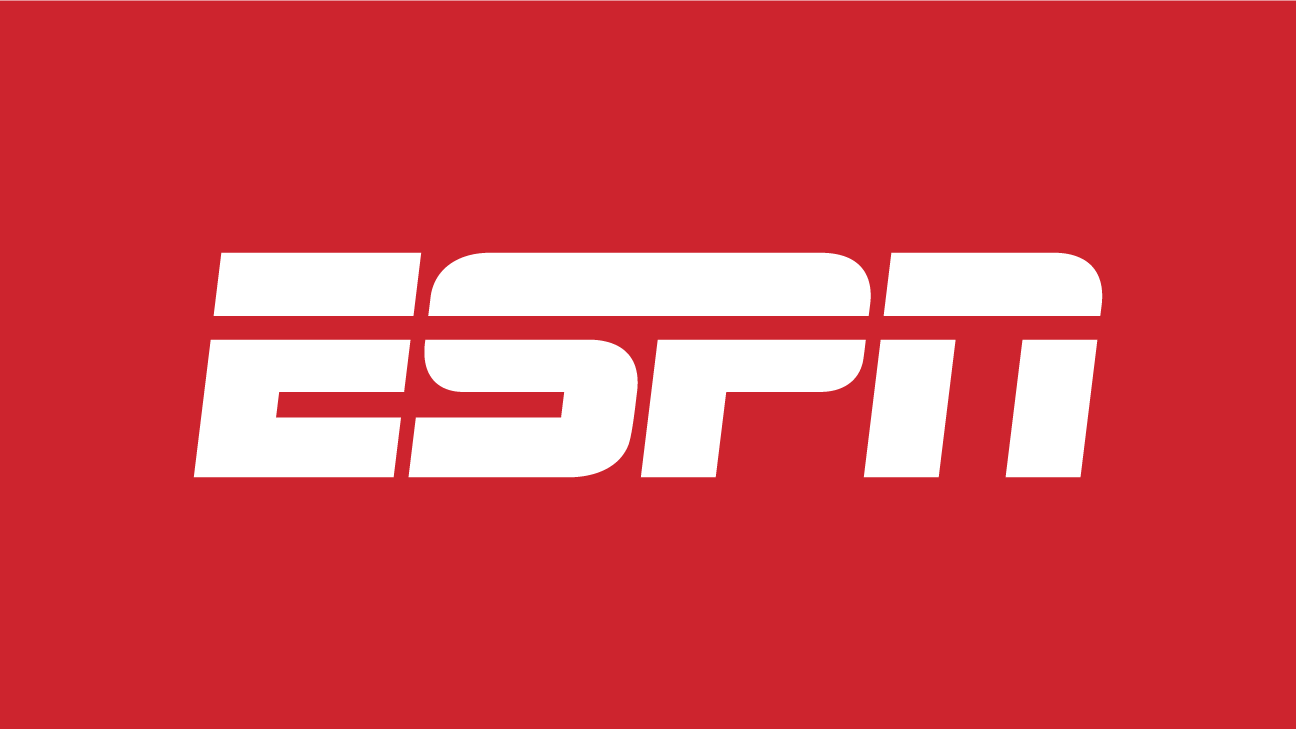

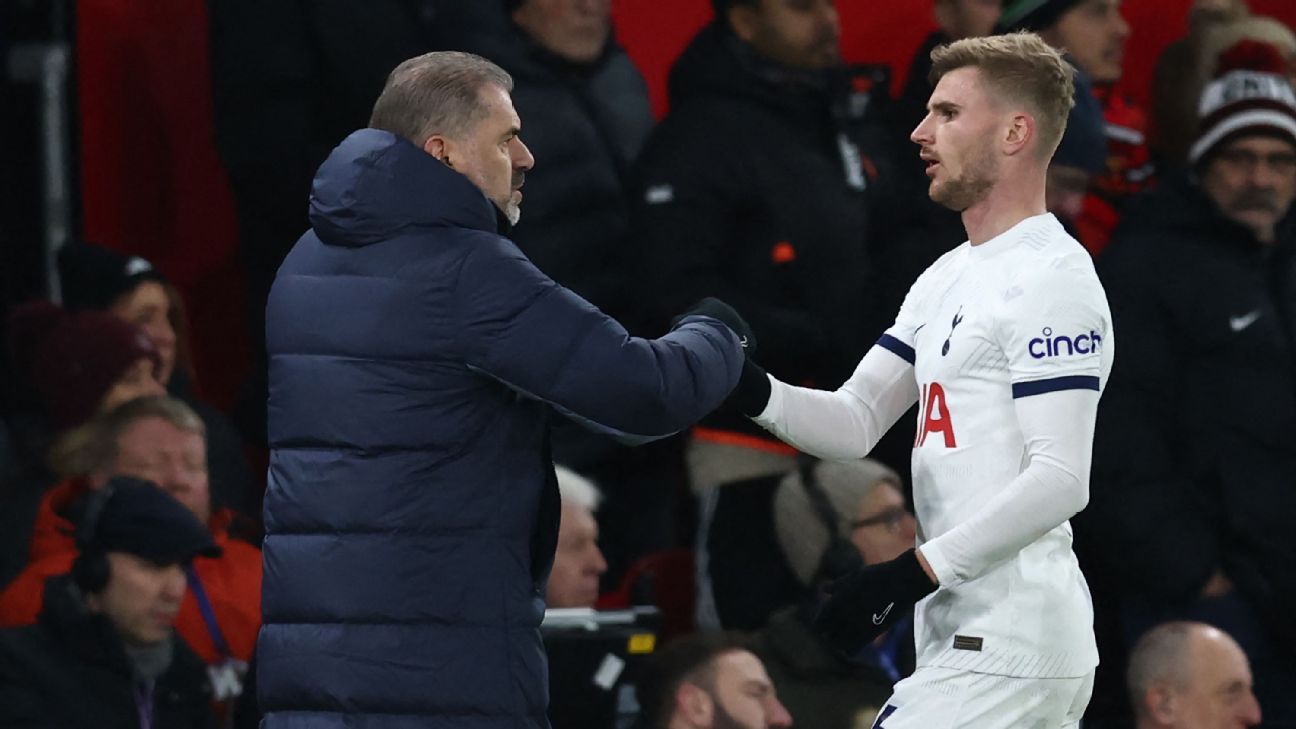





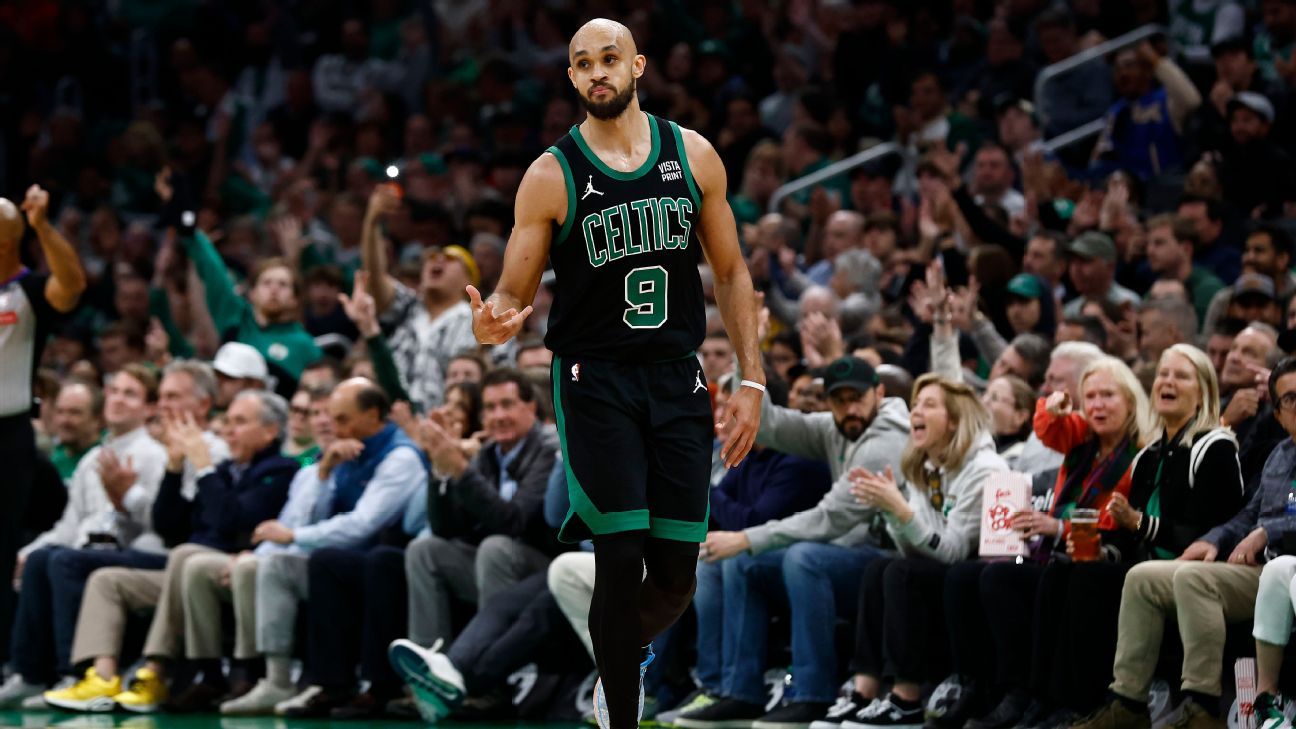
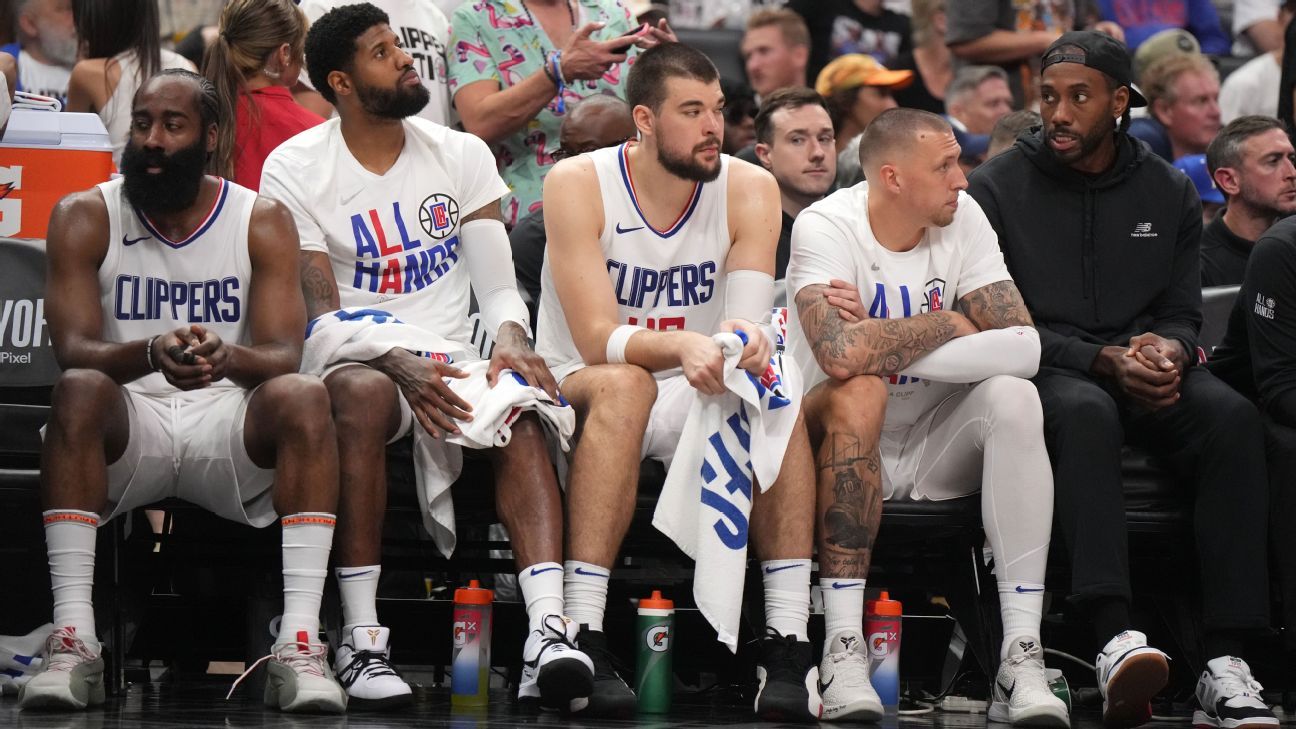
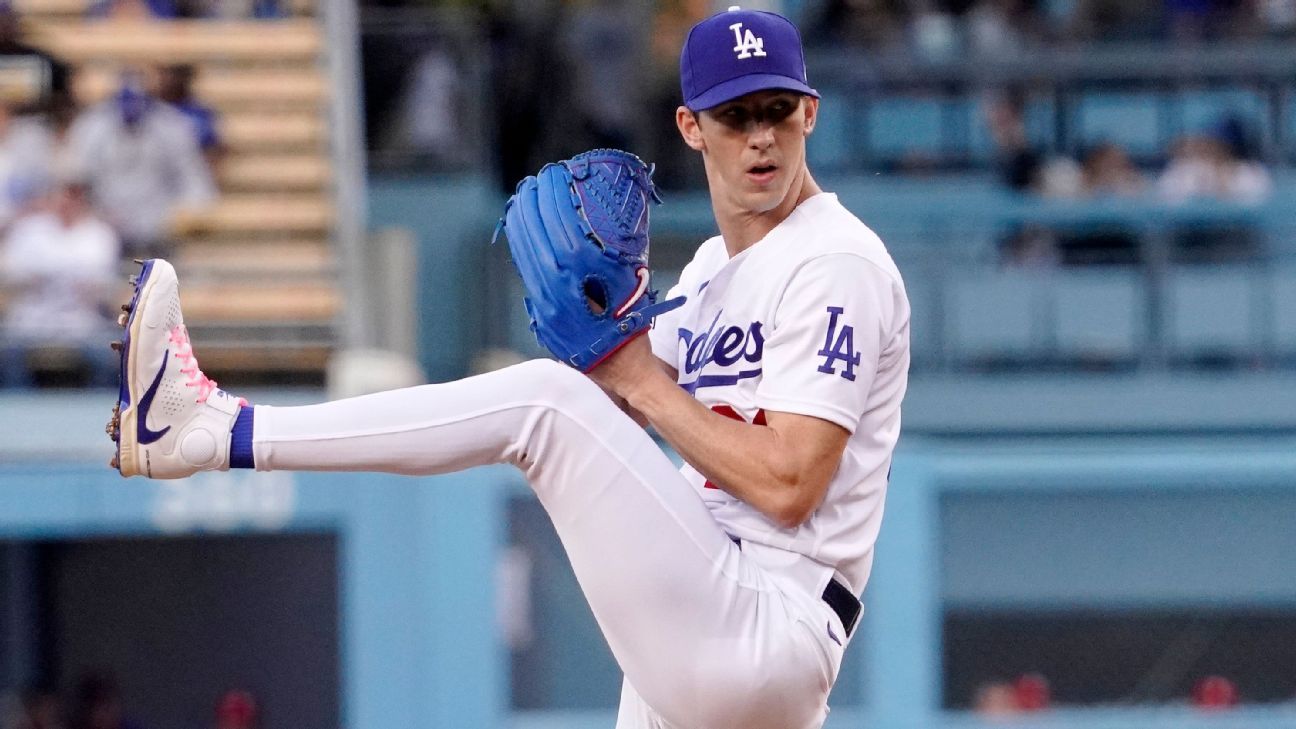
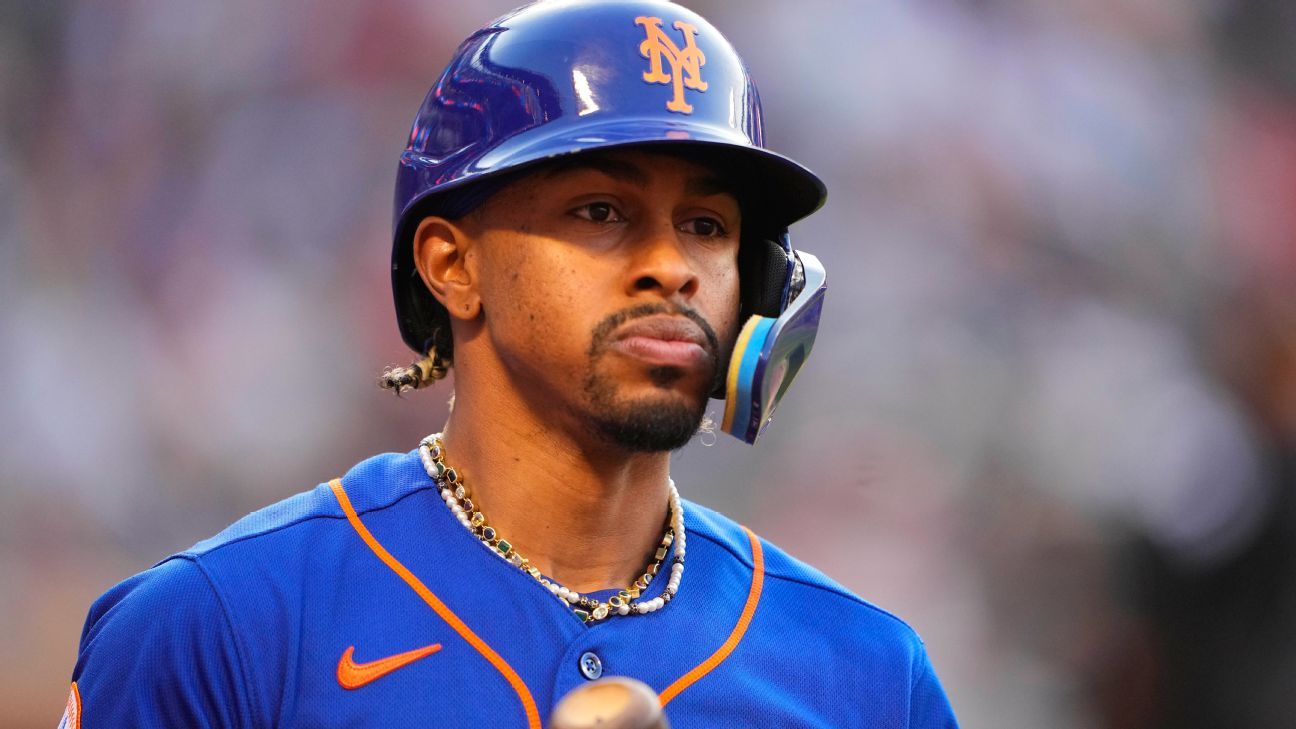

 Phone: (800) 737. 6040
Phone: (800) 737. 6040 Fax: (800) 825 5558
Fax: (800) 825 5558 Website:
Website:  Email:
Email: 






